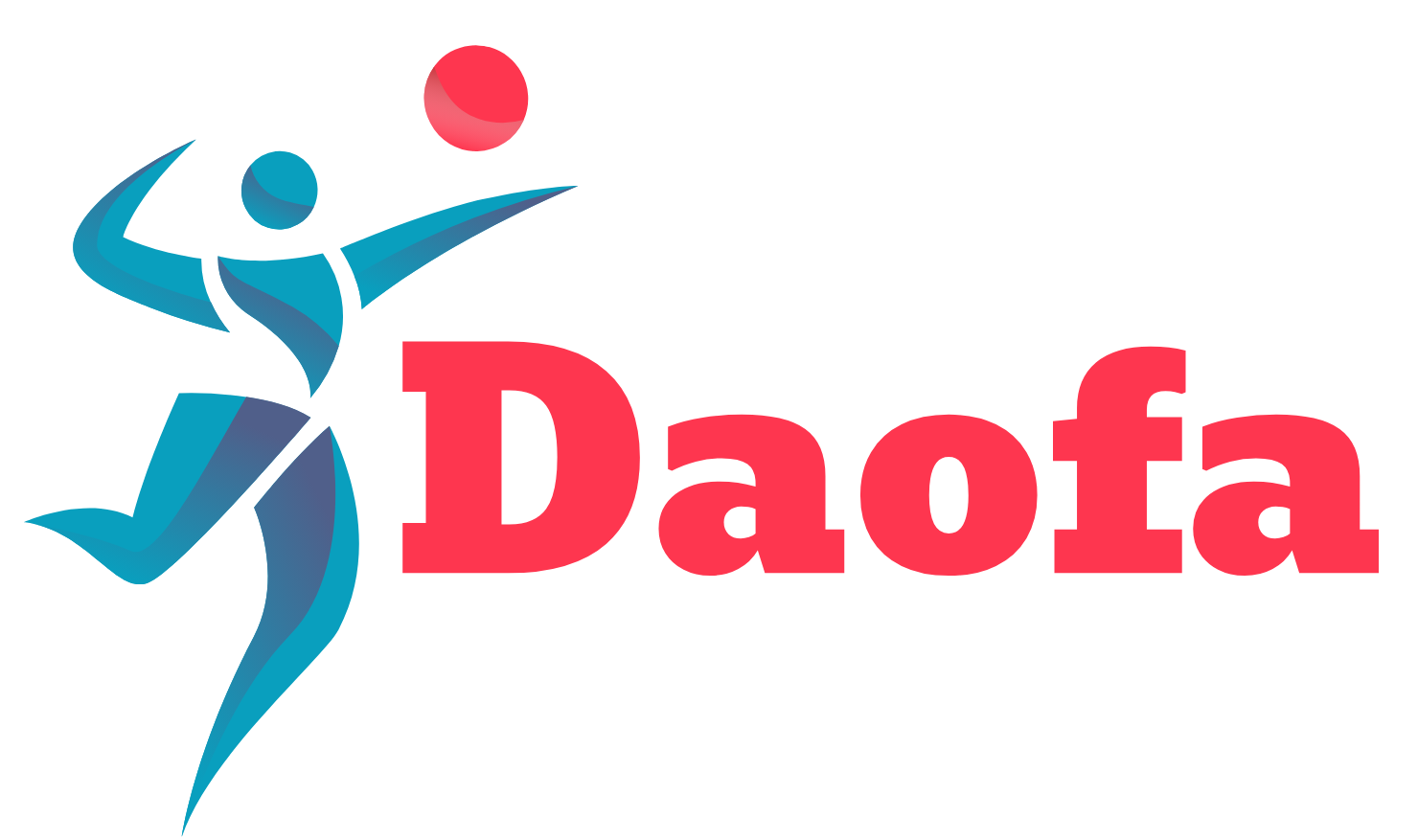[ad_1]
Opinions expressed by Entrepreneur contributors are their own.
What if I told you that a key precursor to success wasn’t confidence or mastery, but rather vulnerability? We often hear about the importance of vulnerability from those with unquestionable credibility: a decorated athlete, an innovative CEO, a talented musician. They tell us how vulnerability is the linchpin of growth and meaningful connections.
But there’s a paradox at play here: Vulnerability tends to come more naturally after success, but what if it came before it? In this article, we’ll explore how the benefits of embracing vulnerability early in your career accelerates growth, spurs relationship building and eventually creates more significant opportunities.
Related: Why Vulnerability May Be a Leader’s Greatest Strength
Vulnerability as a byproduct of success
The traditional trajectory consists of successful leaders in their respective fields touting vulnerability and its significance only after establishing success. It’s as if vulnerability — and by extension, perceived weakness — is only allowed when a strong foundation of proven success has been confirmed. Only then does it seem safe enough to let our guard down and admit weakness or share stories of past failures. This phenomenon leads to a big misconception that vulnerability is only reserved for those with track records. This couldn’t be further from the truth.
The pitfall of faking it ’til you make it
While confidence is important in both business and life, the popularized term “fake it ’til you make it” encourages people to hide what they don’t know, causing them to project a false sense of competence. There’s a hidden cost to doing this. This mindset can lead to burnout, bouts of imposter syndrome, and most importantly missed learning opportunities — especially early in your career. The act of feigning competence only prevents people from asking smart questions, seeking mentorship and guidance, and building authentic connections. Early-career professionals who feel pressure to appear knowledgeable will ultimately struggle more with stress and job satisfaction.
The case for vulnerability before success — not just after it
Now imagine a culture where employees are encouraged to show vulnerability from day one. What are some of the benefits of this hypothetical shift?
- Accelerated learning: Effective managers and supervisors don’t expect you to know everything on day one. Instead, they want to know if you can ask smart questions, gather critical evidence and problem-solve using the resources available to you. Individuals who ask more questions and admit when they don’t know something are more likely to learn faster and retain information longer.
- Relationship building: Bringing your whole self to work is paramount. Projecting a facade of competence only prevents deeper relationships with supervisors and peers from forming. Being honest about your strengths and weaknesses fosters deeper, more genuine connections with those you work with.
- Growth opportunities: Leaders want to help individuals who have a strong, consistent desire to learn and improve. By remaining open to feedback and consistently looking for ways to invest in oneself, more opportunities will be found for those willing to be vulnerable early in their careers. These opportunities consist of mentorship, new roles or sponsored training and development courses.
Looking back on my own career, I wish I’d exhibited some of the vulnerability I now have when I was just starting out. It’s easy to fall into the mindset of figuring it out on your own, and while being self-sufficient is important, I would’ve learned a lot more — a lot faster — if I’d been honest about the knowledge and skills gaps I needed to bridge early in my career.
Practical tips for embracing vulnerability early
Regardless of your current level of success, there are numerous ways to leverage vulnerability to your advantage.
- Ask for help: Much like asking questions, seeking help from peers and mentors positions you for lasting success in the long term. Reach out to people in your network, attend informational interviews and ask for unfiltered advice.
- Share your journey: Openly discuss what you’re currently learning or, more specifically, struggling with to invite conversations and opportunities for support.
- Admit mistakes: When something goes wrong, don’t ignore it. Use it as an opportunity to find out what went wrong and how to avoid it from happening again.
- Seek feedback: One of the best ways to learn and improve is by reflecting on and determining where things may have gone wrong. While feedback on what you’re doing well feels good, focusing on the areas that need improvement is where real transformation occurs. Show that you’re receptive and willing to grow even if it means having an uncomfortable conversation.
Related: Why Vulnerability Is a Strong Business Leader’s Most Powerful Weapon
Discomfort and vulnerability spur lasting success
Imagine what could be achieved if vulnerability wasn’t seen as a byproduct of success, but rather as the catalyst that drives it. By accelerating learning, deepening connections and creating new opportunities, vulnerability is an often overlooked strength. As former IBM CEO Ginni Rometty once said, “Growth and comfort do not coexist.”
Though being vulnerable — particularly early in one’s career — can be intimidating and uncomfortable, it has the potential to yield lasting and meaningful returns. Ultimately, true strength lies not in having all the answers, but in the courage to admit what you don’t know and the willingness to grow from there.
[ad_2]







